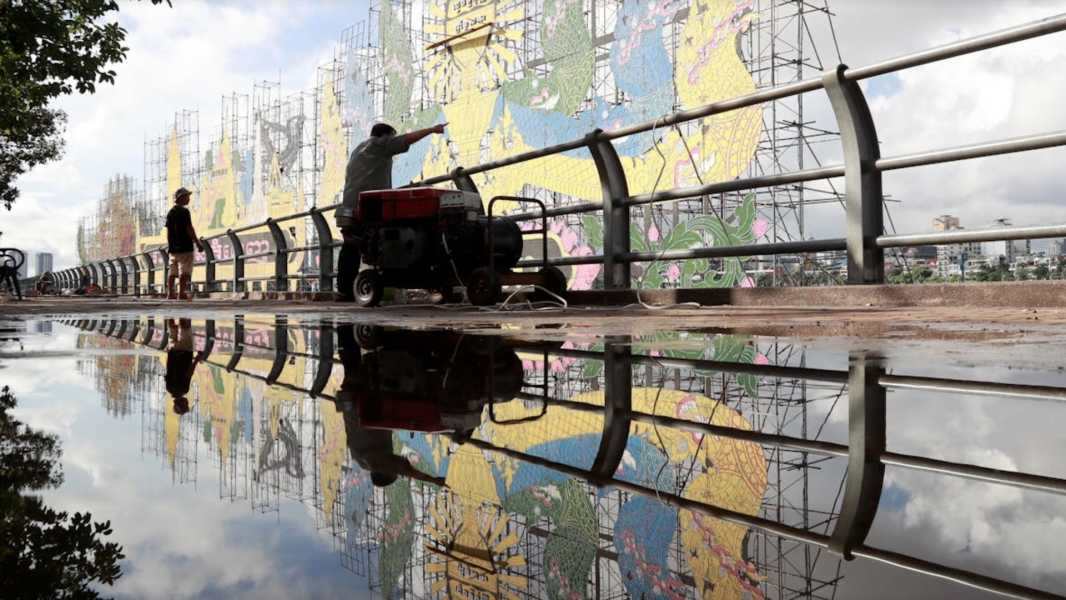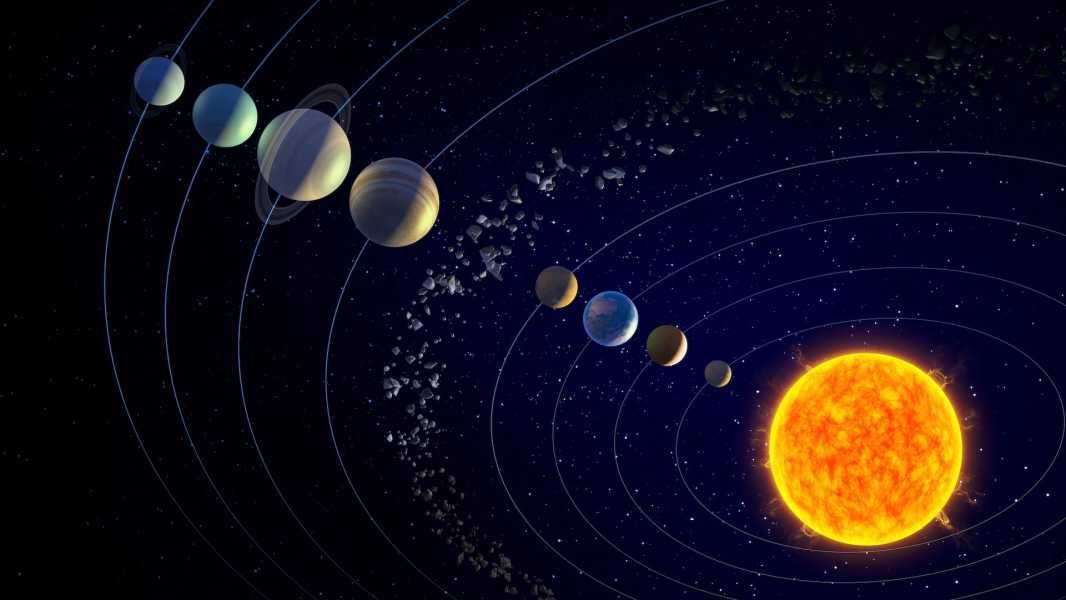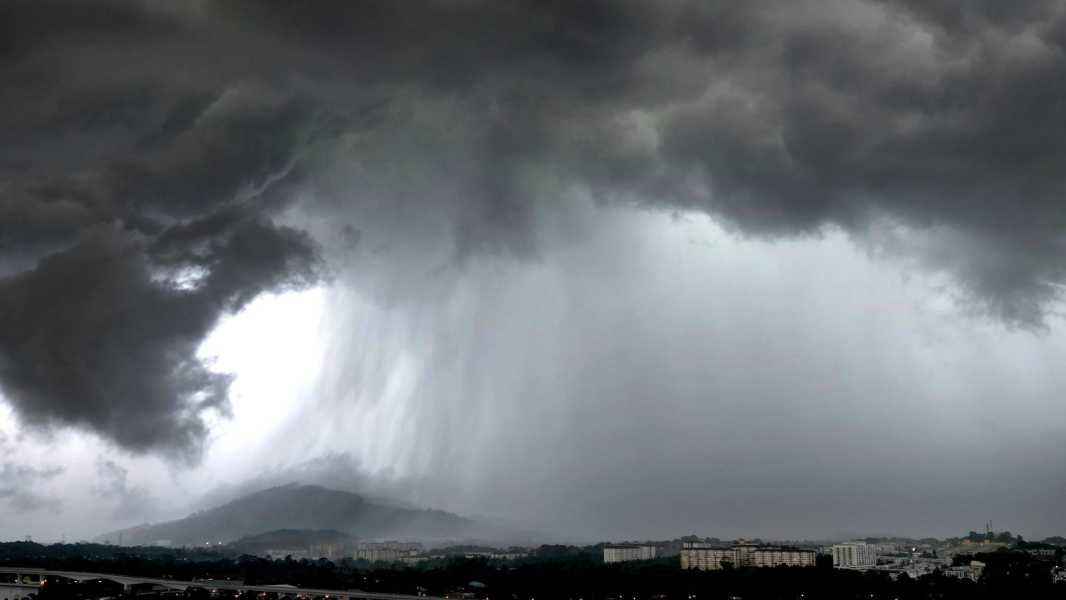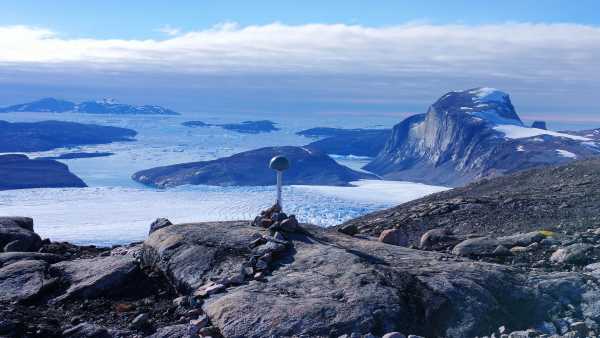
Preparations for the annual water festival in Phnom Penh, Cambodia, October 2024 (Photo: EPA/Kith Serey)
Throughout human history, seasons have been perceived as relatively constant and cyclical periods that link agriculture, cultural celebrations, and customary practices to natural processes. However, seasons as we know them are changing. Human activity is rapidly transforming the Earth, and once-stable seasonal patterns are becoming unexpected.
In our recent research, we argue that new seasons are emerging. These innovations are entirely new and anthropogenic (that is, created by humans).
Examples include the “haze seasons” in northern and equatorial Southeast Asian countries, when the sky is covered in smoke for weeks at a time. This is caused by large-scale burning of vegetation to clear forests and prepare land for agriculture during particularly dry times of the year.
You may like
-

Do other planets have seasons?
-

Nearly 2 billion people could face changing rainfall patterns if the planet continues to warm.
Sourse: www.livescience.com





